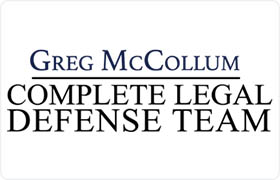Aynor RICO Act Lawyer, South Carolina
Sponsored Law Firm
-
 x
x

Click For More Info:
-
Greg McCollum Complete Legal Defense Team
1012 38th Avenue North Suite 202 Myrtle Beach, SC 29577» view mapCriminal Defence Law Complete Legal Defense Team
Our goal at the Complete Legal Defense Team is to examine the facts and circumstances completely and help our clients.
800-634-0690
Not enough matches for Aynor RICO Act lawyer.
Below are all Aynor Criminal lawyers.
Daniel Alan Hunnicutt
Workers' Compensation, Criminal, Personal Injury, Accident & Injury
Status: In Good Standing
FREE CONSULTATION
CONTACTL. Morgan Martin
Criminal, Wrongful Death, Personal Injury, Car Accident, Accident & Injury
Status: In Good Standing
Ralph James Wilson
Accident & Injury, Criminal, Employment, Lawsuit & Dispute
Status: In Good Standing
 Greg McCollum Myrtle Beach, SC
Greg McCollum Myrtle Beach, SC AboutGreg McCollum Complete Legal Defense Team
AboutGreg McCollum Complete Legal Defense Team Practice AreasExpertise
Practice AreasExpertise
